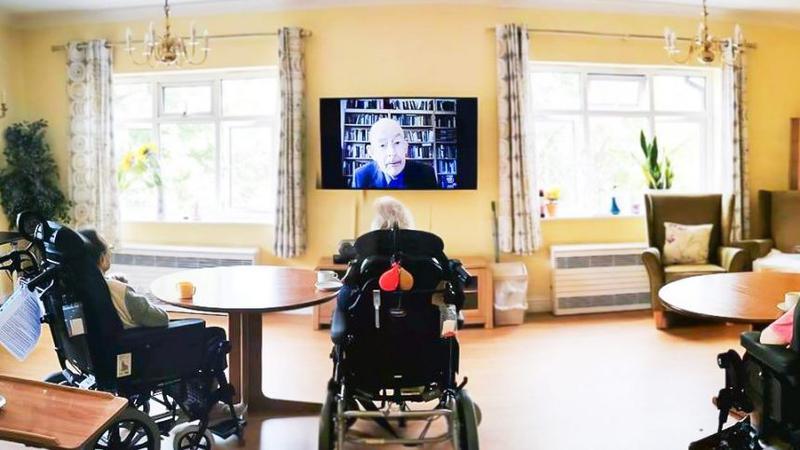
‘Help Wanted’: Care worker says rising levels of care putting strain on workers
Thirteen years ago, when Sidney Hall started working as a continuing care aid, he enjoyed going to work and could joke with the residents.
Now they often don’t get the care they deserve.
“Unfortunately, there is no joviality anymore. Sometimes you can have a laugh and joke but it’s mainly rushing. And it’s sad. From when I started to what I see now, it is a sad business,” said Hall.
In the first part of our series Help Wanted: Seniors’ Care in Saskatchewan, we heard from a woman whose parents were in care. She told of the incidents they had to deal with — trashed hearing aids, mixed-up medication, long waits for care — all, she believed, because of a shortage of staff.


